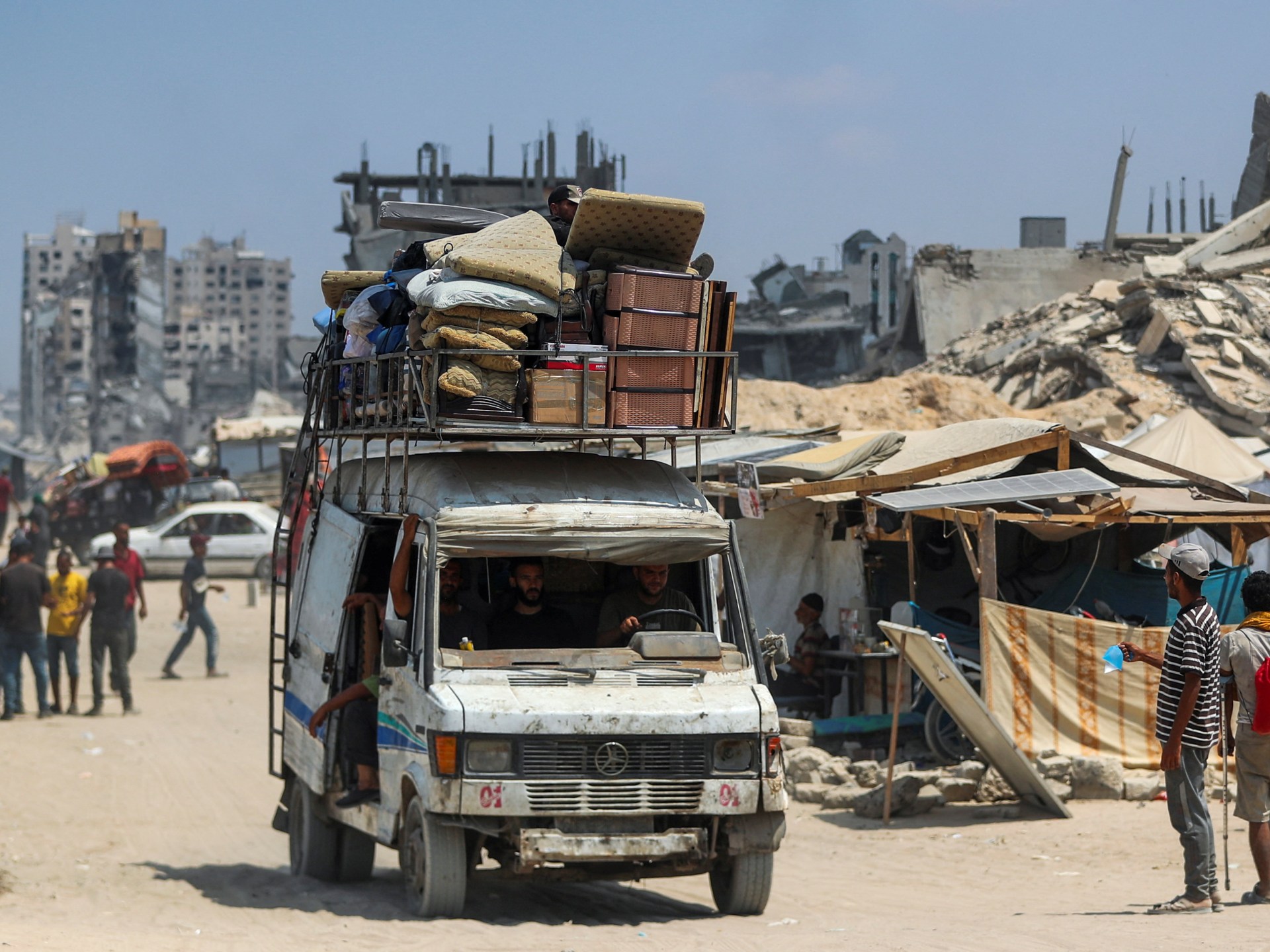Israel will call up 60 000 reservists as it moves forward with a Gaza City plan, according to the military, even as negotiations for a ceasefire are advancing.
The military announced on Wednesday that Defense Minister Israel Katz approved plans to launch operations in some of Gaza’s most densely populated areas, as well as that it would call up 60 000 reservists and lengthen the service of an additional 20 000 reservists.
Human rights organizations are voicing concern that Gaza’s population will become more vulnerable as a result of a humanitarian crisis, which has caused the majority of residents to flee multiple times, destroyed neighborhoods, and increased starvation deaths as a result of the threat of widespread famine.
A senior Israeli military official stated to journalists that the new conflict would entail “a gradual, precise, and focused operation in and around Gaza City,” including some places where the Israeli military had not previously been able to conduct operations.
According to the official, the initial phases of the military’s operations included Zeitoun and Jabalia.
Residents of Gaza are preparing for the worst as Israel moves to seize the largest city in the country, according to Al Jazeera’s Tareq Abu Azzoum, who is reporting from central Gaza. This could send hundreds of thousands of people to concentration camps in the south of the country.
As attacks spread across densely populated areas, according to Abu Azzoum, Israeli artillery has flattened rows of homes in eastern Gaza City.
According to Abu Azzoum, “Last night was completely sleepless as Israeli drones and warplanes attacked and destroyed homes and makeshift camps.”
He also described how an Israeli-designated “safe zone” in southern Gaza, al-Mawasi, lost his children during an overnight strike. When the Israeli missile struck the tent and ripped their bodies apart, he said, “his children were sleeping peacefully.”
According to medical sources, at least 35 Palestinians were killed on Wednesday in Israeli attacks, including ten who were requesting aid.
Israel’s plan to escalate its assault coincides with Qatar and Egypt’s renewed mediation efforts, which have received American support. A 60-day truce, a symbiotic exchange of prisoners from Palestine, and expanded aid access are all mentioned in the most recent framework.
Egypt emphasized that “the ball is now in its (Israel’s) court,” despite Qatar’s claim that the proposal was “almost identical” to a version that Israel had previously accepted.
Netanyahu, the prime minister of Israel, has not made any public comments on the proposal. He argued last week that any agreement must “assure that all hostages are released immediately and in accordance with our conditions for ending the war.”
Mahmoud Mardawi, a senior Hamas official, stated that his movement “opened the door wide to the possibility of reaching an agreement,” but it is still uncertain whether Netanyahu will reopen it, as he has done in the past.
The push for a truce comes as Netanyahu is the subject of growing domestic pressure and growing international criticism of Israel’s actions in the conflict.
Source: Aljazeera

Leave a Reply